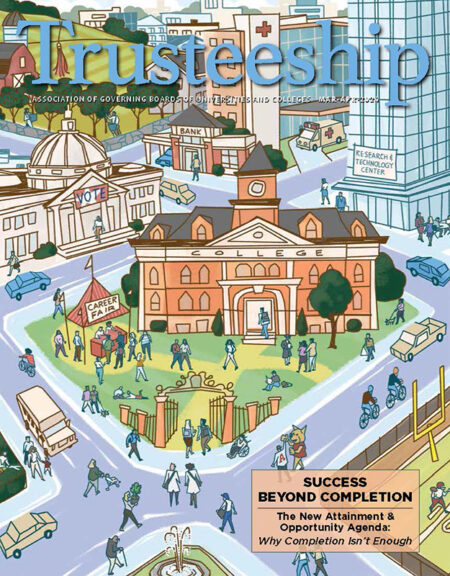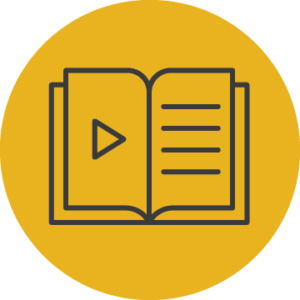
Even at an early age, I was no stranger to the benefits of experiential learning. My parents were entrepreneurs with a gas station and a clothing store in Savannah, Georgia. Working and experiencing the professional setting firsthand since 2nd grade established a great appreciation for the personal skills needed for success and value of integrating career knowledge as an explicit part of formal education.
As I completed middle-school computer programming courses, my father also taught me about accounting and inventory management. So, it was natural for me, in 8th grade, to start writing programs that automate real-world accounting practices. Later, as an electrical engineering major at Georgia Tech, the course I remember most is “Illumination Engineering.” Learning about lighting design and fixtures, illumination requirements, and the nuances of ceiling, wall, and floor color choices opened my mind so much that in every room since then, I can see how theory has been translated into practice. The course concluded with a class trip to Lithonia Lighting’s headquarters. This continues to encourage me to demonstrate the real value of a college degree, even the theoretical courses.
Experiential learning and career-preparedness are intrinsic to what we do at Georgia State University (GSU). GSU is known internationally for student success by graduating students from all backgrounds at the highest rates. With over 52,000 students, GSU is the largest R1 university in Georgia. With the majority of our students coming from social-economically challenged origins and underrepresented minority communities, given our size and graduation rate, GSU makes a singular impact on the economic development of Georgia and is a leading contributor to diversification of the workforce, nationally. Our students are as pragmatic as they are driven, so showing them the potential fruits of their education early only amplifies their desire to achieve.
Within the first 90 days of my presidency, the centrality of experiential learning at GSU could be clearly seen through our innovative curricular and co-curricular approaches and conversations with our 6-campus community of students, faculty, and staff. For our 10-year strategic plan, “Blueprint to 2033: Our Place, Our Time,” one of four primary pillars is “Beyond College to Careers.” As a part of this 10-year plan, we are building on our current practices to prepare our undergraduate and graduate students across the life course to pursue their chosen fields with adaptability, agility, and creativity.
For GSU, College to Career practices are split into three areas: career-preparedness woven directly into the curriculum; data-powered co-curricular career services; and partnerships with state, national, and international industry, government, and nonprofit organizations. Our Creative Media Industries Institute offers career-infused degrees in the areas of media entrepreneurship, game design and game development, digital filmmaking, virtual production, and visual effects. With movie screenings and filmings occurring just outside of the building on the urban downtown streets, our students engage in real-world projects from companies such as Marvel and Tyler Perry Studios in our advanced digital production suites, production studios, and virtual reality caves. We have received several multi-million dollar gifts from individual donors, foundations, and industry to create a nursing simulation lab and a computer science education facility. “Panthers on Wall Street” is another experiential program funded through industry benefaction to allow business students to spend a week with industry executives in NYC.
Our on-campus career services are built on our unique artificially-intelligent enrollment management tools and a digital career counselor powered by Steppingblocks (http://www.steppingblocks.com). Students have access to a resource which maps university competencies to potential career opportunities and outcomes. After a self-assessment, our students can map their progression using a portfolio-building tool, Portfolium, and then record and showcase professional skills they have acquired to potential employers. These approaches were so successful at GSU that the University System of Georgia adopted our model for all 26 institutions.
Experiential learning has come a long way since I was an undergraduate student. It’s more than full-service gas stations and light bulbs these days. Today, universities have an opportunity, actually an obligation, to help students set their career trajectories and as a result they will reach the stars.
M. Brian Blake, PhD, is the president of Georgia State University. A computer scientist by training, he earned a Bachelor of Electrical Engineering from Georgia Institute of Technology, Master of Science in Electrical Engineering from Mercer University, and PhD in Information and Software Engineering from George Mason University.
RELATED RESOURCES

Trusteeship Magazine Article
The College of the Future, Part 1

Blog Post
Be Prepared

Trusteeship Magazine Article
Communicate. Communicate. Communicate.

